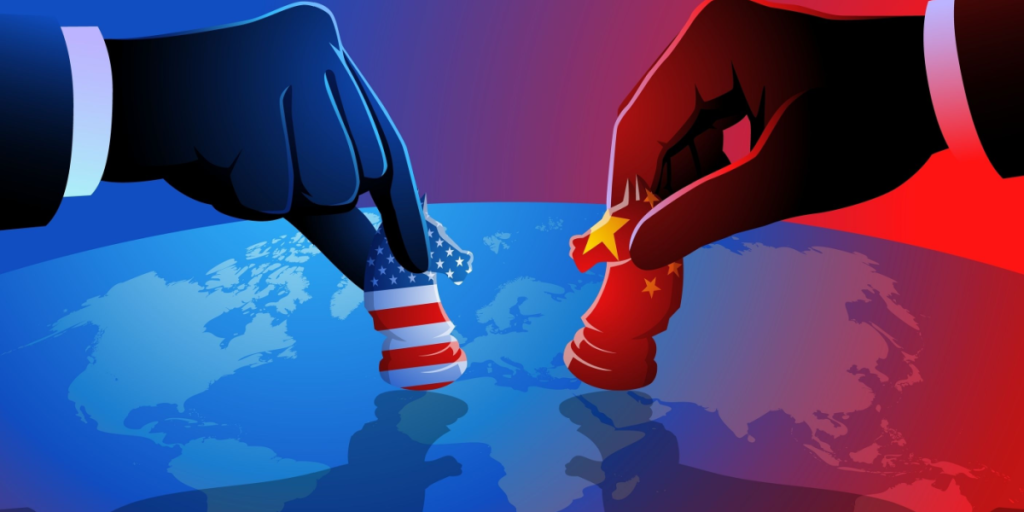The U.S once again emphazised the need for a joint effort to put pressure on Moscow.
Others are reading now
The Trump administration has unveiled a new proposal to finance aid for Ukraine by introducing additional tariffs on Chinese imports, The Kyiv Independent reports.
Treasury Secretary Scott Bessent announced on Oct. 15 that President Donald Trump instructed officials to urge European allies to consider similar measures. The initiative, described by Bessent as either a “Russian oil tariff” or a “Ukrainian victory tariff,” aims to link trade policy with geopolitical support for Kyiv.
Bessent emphasized that the U.S. will only move forward if Europe agrees to impose parallel tariffs, calling it a joint effort to increase economic pressure on Moscow. The remarks come just days before Trump is set to meet Ukrainian President Volodymyr Zelensky in Washington to discuss further aid and coordination.
U.S. seeks to target Russian oil trade
Bessent revealed that a bipartisan group of 85 U.S. senators is prepared to grant Trump authority to impose additional tariffs on China for purchasing Russian oil. Washington already levied a 50% tariff on India over similar imports earlier this year, urging other G7 nations to take comparable action.
Officials claim the tariffs are designed to cut off critical revenue streams that fund Russia’s ongoing war effort.
Also read
India and China remain Russia’s top energy buyers, providing crucial financial support to Moscow despite Western sanctions. By targeting these markets, the U.S. hopes to weaken Russia’s capacity to sustain its military operations in Ukraine.
However, the European Union has so far resisted the idea of new tariffs on China, citing potential trade disruptions and economic risks. This reluctance has frustrated Washington, which believes Europe stands to lose more from Russia’s destabilizing actions than the United States.
NATO partners urged to increase military support
In a parallel development, U.S. Defense Secretary Pete Hegseth called on NATO allies to expand their purchases of American weapons for Ukraine under the alliance’s framework.
Hegseth emphasized that collective defense requires tangible commitments and warned that the U.S. and its partners are prepared to “impose costs on Russia” if hostilities continue.
Despite ongoing debates among allies, Washington insists that time is running out for half-measures. As Bessent bluntly stated, “Europe fears Putin is coming to Warsaw — but we are certain he’s not coming to Boston.”


